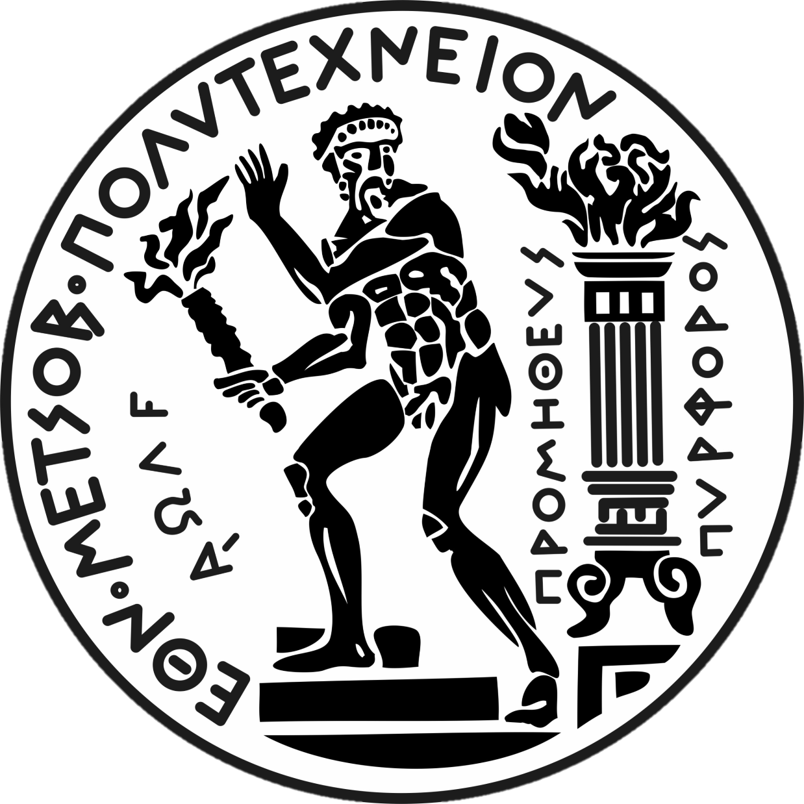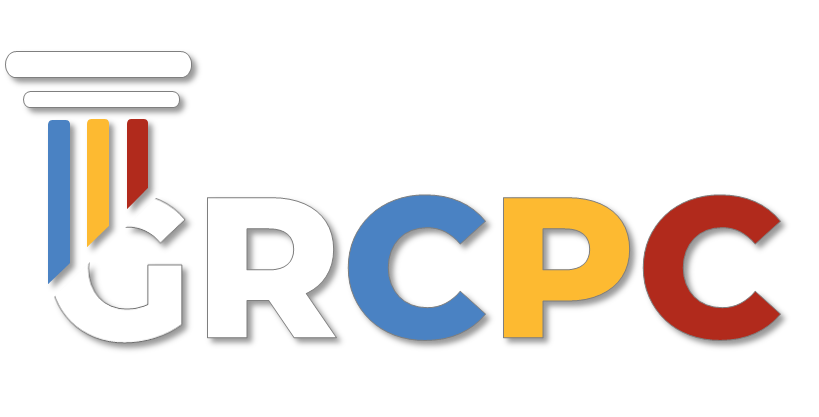Greek Collegiate Programming Contest

The International Collegiate Programming Contest (ICPC) is the leading global programming competition among the world’s universities! The contest originates in 1970’s UPE Computer Science Honor Society and has since spread globally. The competition aims to foster ambition, novel ideation and problem-solving aptitude in the field of computing and simultaneously provide opportunities for talented students around the world.
A Greek sub-contest of ICPC, GRCPC, was held for the first time in 2023! It is organised by the Algoforum team, based in the University of Patras. The event is held in 3 venues across the country simultaneously and online. The 3 teams from each University that score the most points in the event are supported to represent their Universities in the Southeastern European regional phase, claiming their shot at the World finals!
Rules of the game!
In the Greek part of the competition we try to strictly follow the rules of the World Finals with small exceptions.
In summation:
In more detail, teams of three students from the same University can participate in the contest and diversity in the subject of studies is suggested (e.g. 1 Computer Scientist, 1 Mathematician and 1 Engineering student). Each team is assigned one computer without access to the internet, but you are allowed to bring 30 pages of notes of whatever you like (commonly used algorithms or language specific problems are suggested; you can find notes previously used in ICPC competitions online). You will face around 8-14 algorithmic real-world problems and will be called to solve as many as possible in the 5 hour timeframe. The solutions will be submited through our platform.
Don’t worry if it seems too hard; you all play by the same rules!

Additional rules for online competitors
- Contestants are allowed to participate from any location of their choice. Team members do not have to gather at the same location.
- Contestants can use the Internet during the contest, however:
They are not allowed to publish or post any information on the internet during the contest. They can only communicate with their team members, organizers and jury during the contest. Contestants must only use information that was published before the start of the contest. Therefore usage of LLM services, like ChatGPT or Bing, is explicitly banned. - Contestants are allowed to use preexisting code found on their computers or on the Internet. Any code copied off the internet must be explicitly marked with a comment containing a URL to the original source.
- There are no restrictions on software use during the contest.
Test your skills with the GRCPC 2023 problems!
Or check out some past problems from the World Finals!
(World finals problems are a bit harder than regionals’ 😉 )
Speeches and Competition Program for GRCPC 2023
Thank you for participating and attending the speeches!

Here is where you can compete!
Students studying in Patras, Thessaloniki or Athens can compete in the venues below.
Students studying in Universities in the rest of Greece will compete online.

University of Patras
Check back to be informed of the specific competition hall.

Aristotle University of Thessaloniki
Check back to be informed of the specific competition hall.

National Technical University of Athens
Check back to be informed of the specific competition hall.
Road to the World Finals!
Steps to Victory!
Problem Analysis
Without knowing the problem, you can’t move forward. Have a clear understanding of the problem to reach a solution.
Design your Algorithm
Consider several algorithms for solving the problem. Keep redesigning your solution until you succeed. Some times simple is better (KISS).
Implement your Algorithm
Develop an action plan to implement and execute the solution process. Divide your team duties and work together for the best outcome.
Evaluate the Result
Review and evaluate the results to verify that your implementation is fit to solve the problem.
